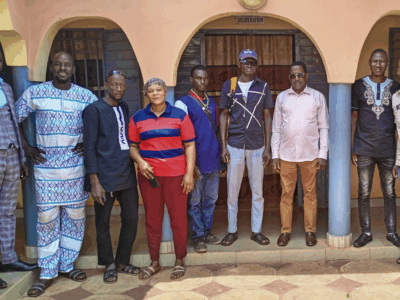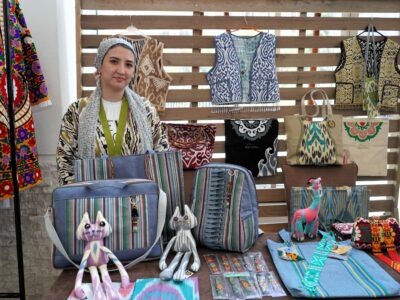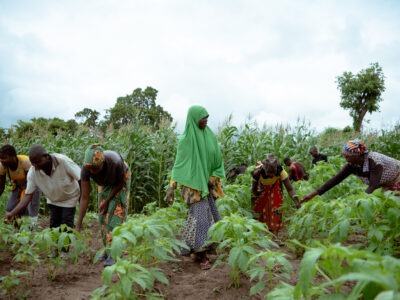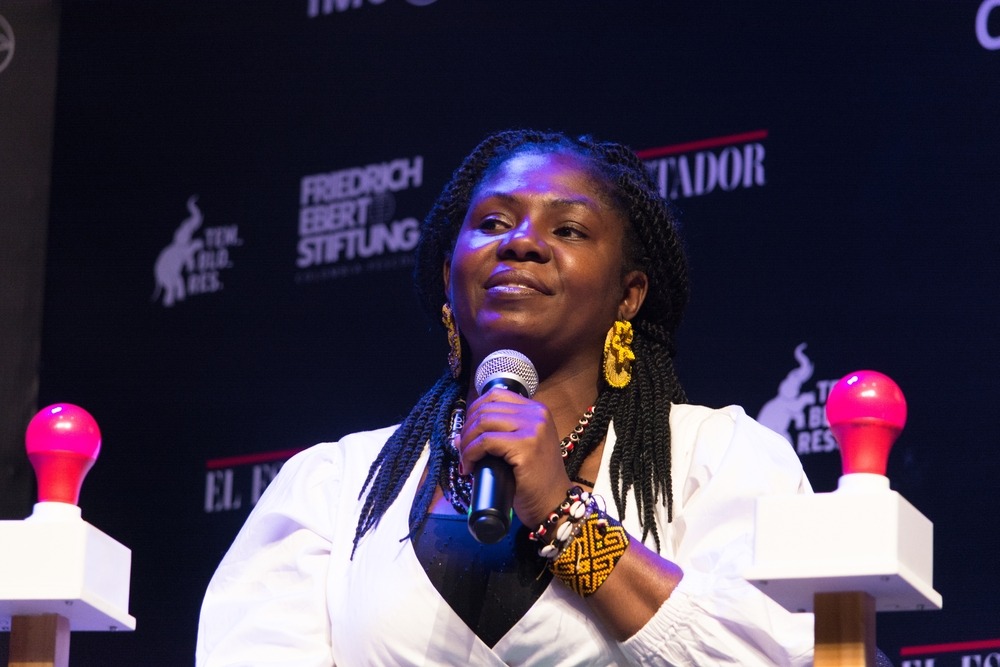
History was made in Colombia this year. After protests riddled the country in 2021, the new president-elect Gustavo Petro, as of August 7, 2022, brought Afro-Colombian individuals to the forefront of politics in a country where ethnic groups experience persistent discrimination. This discrimination, a main frustration of the 2021 protests, has led to extreme income inequality, poverty, and social exclusion of Afro-Colombians compared to the rest of the population.
Afro-Colombians make up 10.6 percent of Colombia’s total population. Historically, they face relegation due to high unemployment rates, displacement, stigmatization, and poorly enforced peace agreements.
A New Future for Afro-Colombian Voices
Rural activist Francia Márquez is the first Afro-Colombian woman to be elected Vice President of Colombia. She is also part of the first progressive party to win an election in the country. Márquez, who was born to a family of low socioeconomic status in the city of Suarez, worked as a housekeeper and gold miner before turning to activism — first fighting against the abuses of mining companies in her town. After surviving death threats and an assassination attempt in 2019 she pledged her support during the electoral campaign to Afro-Colombians as well as indigenous, LGBTQI+ groups, and others.
Along with this high-profile election, Luis Gilberto Murillo, an engineer, is the first Afro-Colombian in the history of Colombia to hold the position of Ambassador to the United States. Murillo was born in the province of Chocó, near the Pacific coast, one of the country’s poorest regions. He fled to the United States after a 2000 kidnapping incident involving a rightwing paramilitary group. Until becoming Ambassador, he was part of a research team at the Massachusetts Institute of Technology seeking solutions to the environmental crisis from an Afro-perspective.
USAID and ACDI/VOCA Continue Driving Social Inclusion in Colombia
This pursuit of unity within Colombian society, which has dealt with over 50 years of divisive conflict, demands greater social inclusion. USAID and ACDI/VOCA’s five-year Indigenous Peoples and Afro-Colombian Empowerment (IPACE) Activity, or Juntanza Étnica, began working with indigenous and Afro-Colombian communities in 2021 to strengthen governance, autonomy, identity, and sustainable, self-determined development. The perspectives of ethnic peoples play a fundamental role in developing not only IPACE activities but also territorial development plans.
Together with 10 ethnic-led partner organizations and three sub-implementing partners, IPACE focuses on recognizing the contributions of Afro-Colombians and indigenous peoples to nation-building.
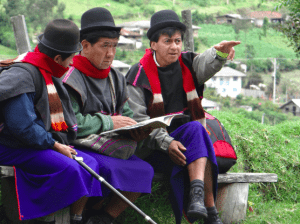
Previously, USAID and ACDI/VOCA teamed up from 2011 to 2016 to fund and implement the Afro-Colombian and Indigenous Program. This program had a significant impact on communities, especially young people. It helped 11,154 ethnic minority youth attain formal employment and supported 1,545 companies in hiring ethnic minority youth engaged with the program in Barranquilla, Cartagena, San Andrés, Quibdó, Cali, Buenaventura, Medellín, and Bogotá.
The program also worked with 230 local organizations to build their capacity for dialogue with the state regarding self-governance and territorial management. Over five years, 8,785 ethnic minority families won the titles to 253,964 hectares of land. The program also aided communities in submitting eight land formalization cases, benefiting 3,000 indigenous and Afro-Colombia families of the Sierra Nevada, Guajira, and Cartagena.
Through IPACE, these types of efforts continue thanks to the program’s partnerships with local ethnic organizations, indigenous authorities, Afro-Colombian community councils, and others. And, with Afro-Colombian leaders in high positions of power, including the second-highest position in the country, Colombians expect more emphasis to be placed on human rights, inclusion, and equality.
Learn more about the Indigenous Peoples and Afro-Colombian Empowerment Activity.
Learn more about our work in Colombia.

